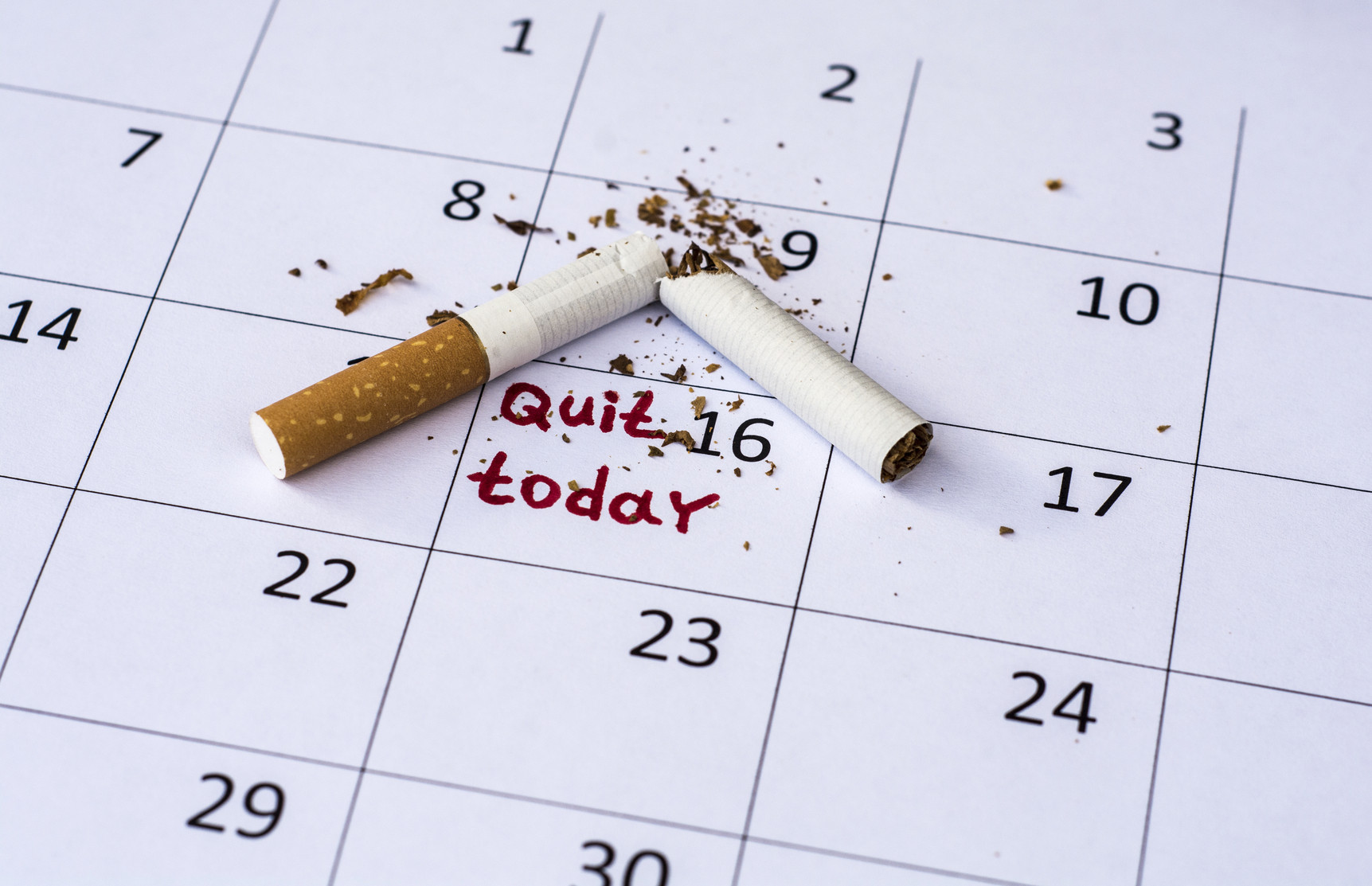
Driving with arthritis pain: Stay comfortable — and safe — behind the wheel

Daily cup of coffee may prevent afib recurrence

Gene-editing therapy lowers harmful blood fats in early study

What is EMDR therapy, and who can it help?

GLP-1 drugs versus bariatric surgery for treating obesity

Two dumbbells, three exercises, and 10 minutes

Easing the emotional burden of IBS

Modify your push-ups to meet your fitness level

What is long QT syndrome?

Stroke survivors may benefit from very low LDL levels
Addiction Archive
Articles
The downside of taking pills to treat chronic pain
When the risks of medication outweigh the benefits.
Image: © iStock
Taking over-the-counter or prescription painkillers may seem like a simple solution for chronic pain. It's actually a bit more complicated, yet many older adults aren't aware of potential problems. "They think that if it doesn't require a prescription, it's safe. But there are some long-term health risks," says Dr. Edgar Ross, director of the Pain Management Center at Harvard-affiliated Brigham and Women's Hospital.
Here's what you should know about some commonly used pain relievers.
Low-tar cigarettes are not a safer choice
Studies show smoking high-tar unfiltered cigarettes, as opposed to medium-tar filtered cigarettes, greatly increases your risk of lung cancer. So, cigarettes labeled as low-tar or ultra light are an even safer choice, right? Wrong. A study comparing the lung cancer risks of different types of cigarettes found this seemingly logical assumption is false.
The study six years and involved over 900,000 Americans over the age of 30. The researchers compared the risk of death from lung cancer among men and women who were smokers, former smokers, or had never smoked. When analyzed according to the tar rating of cigarette smoked, the results of the study showed the risk of lung cancer death was greatest for smokers of high-tar unfiltered cigarettes. The risk of lung cancer death was no different among smokers of medium-, low-, and very low-tar cigarettes.
Keep tabs on your drinking
When it comes to alcohol, moderation is still the mantra. But even one drink a day may pose a risk to the heart.
Wine, champagne, and cocktails are standard fare at many holiday gatherings. But before you raise your glass, make sure you're aware of just how much alcohol you're actually consuming—and how it may affect your heart.
As part of a standard health history, most physicians will ask about your drinking habits. In general, moderate drinking—defined as one drink per day for women and two drinks per day for men—is considered safe. But there are some caveats.
Saving lives by prescribing naloxone with opioid painkillers
Unintentional opioid overdose is now the leading cause of accidental death in the United States. These drugs are prescribed to patients to help relieve pain, but overdoses happen because opioids can also depress breathing, sometimes stopping it altogether. But naloxone, also called Narcan, can help reverse the effects of an overdose. If doctors prescribe naloxone at the same time as opioids, overdose deaths may decrease.
At what age is alcohol use unsafe?
When older adults drink alcohol, they may be increasing their risk of falls. Otherwise, drinking alcohol in the older years poses the same risks as it does in the younger years.
Fentanyl: The dangers of this potent “man-made” opioid
Fentanyl is a powerful synthetic opioid. It is far more potent — and potentially more dangerous — than heroin and morphine. Overdose deaths related to fentanyl are on the rise. The drug is cheaper than heroin and recently is being used to dilute heroin or substitute for it. Users may be unaware that they are taking this potent drug, or may even seek its intense high. People at risk from using fentanyl can be treated successfully with therapies used for other opioid use disorders, but taking steps to prevent overdose are critical until a person is ready to seek care.
Quitting smoking during the second half of the menstrual cycle may help women kick the habit
Studies have shown that not only do women have a harder time quitting than men, but they also experience more severe health consequences from smoking. However, new research suggests that it may be easier for women to quit smoking during the second half of their menstrual cycle. During this time, the hormone progesterone is higher, and this appears to aid in quitting and avoiding relapse.
What’s the best way to quit smoking?
Quitting smoking can add years to your life. The earlier the better, but the benefits of quitting are real and significant, even if you’re 80. There are several ways to quit and it often takes multiple attempts to become and ex-smoker for good. Research suggests that for some people, quitting “cold turkey” may be the most effective approach.

Driving with arthritis pain: Stay comfortable — and safe — behind the wheel

Daily cup of coffee may prevent afib recurrence

Gene-editing therapy lowers harmful blood fats in early study

What is EMDR therapy, and who can it help?

GLP-1 drugs versus bariatric surgery for treating obesity

Two dumbbells, three exercises, and 10 minutes

Easing the emotional burden of IBS

Modify your push-ups to meet your fitness level

What is long QT syndrome?

Stroke survivors may benefit from very low LDL levels
Free Healthbeat Signup
Get the latest in health news delivered to your inbox!
Sign Up











